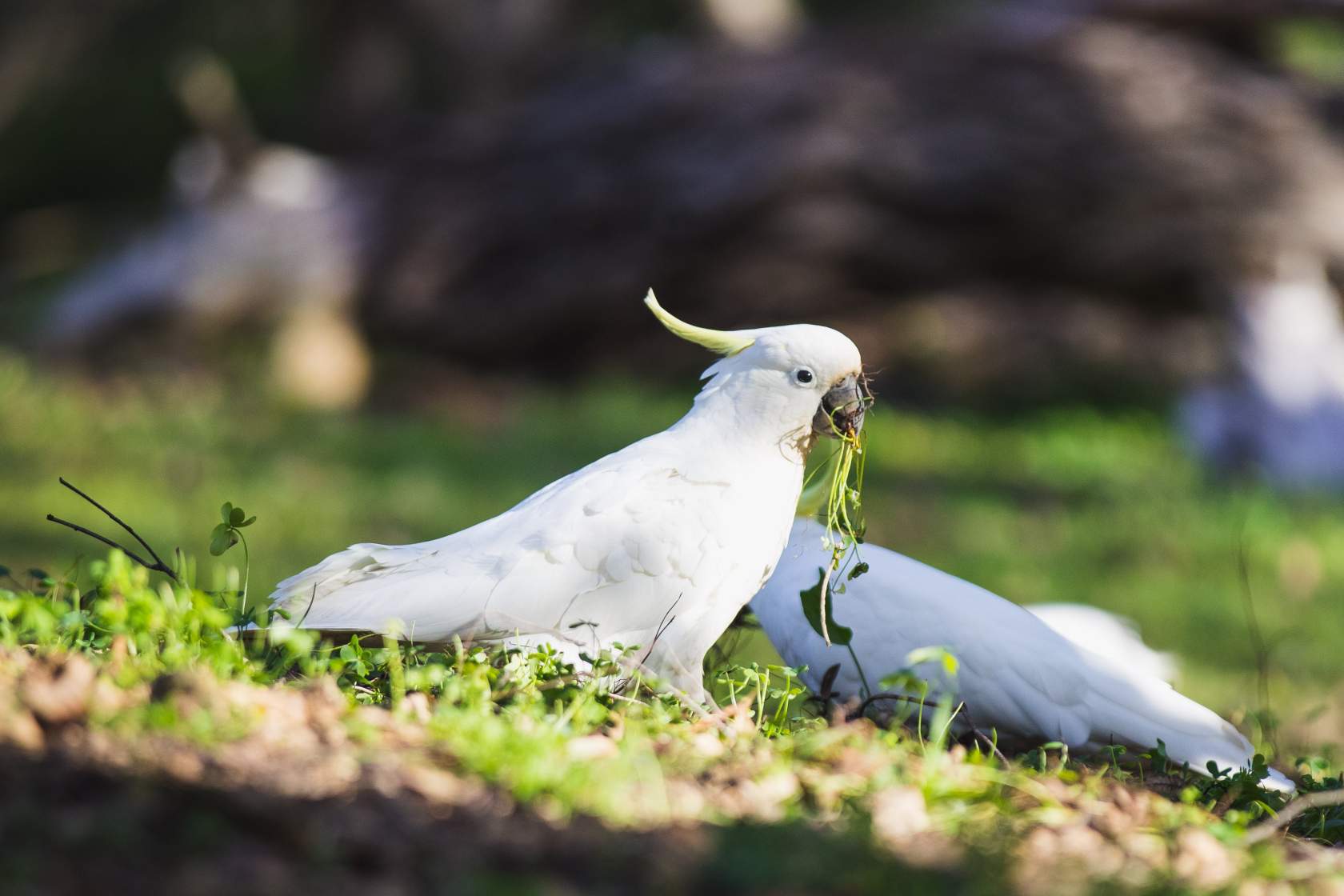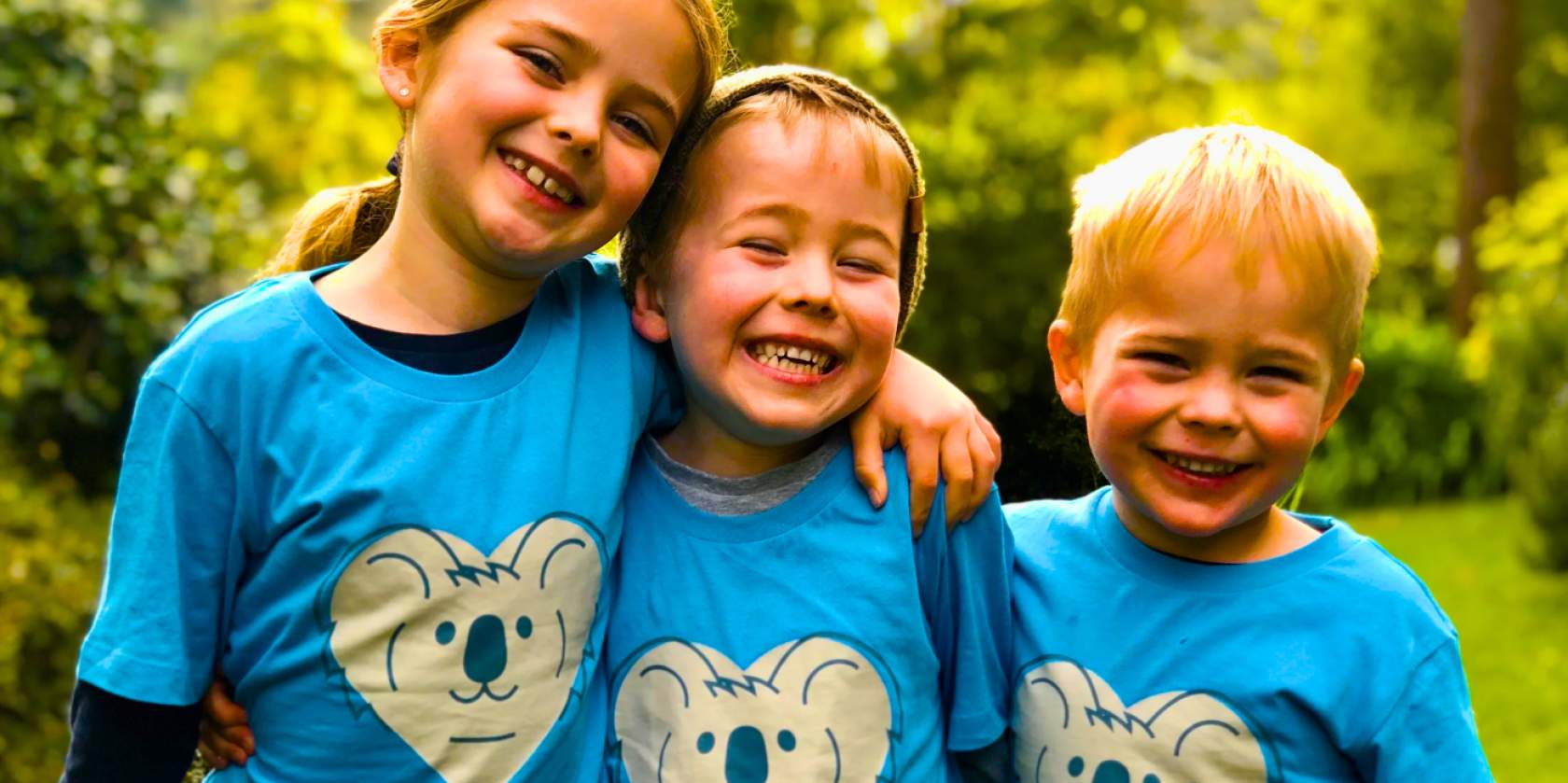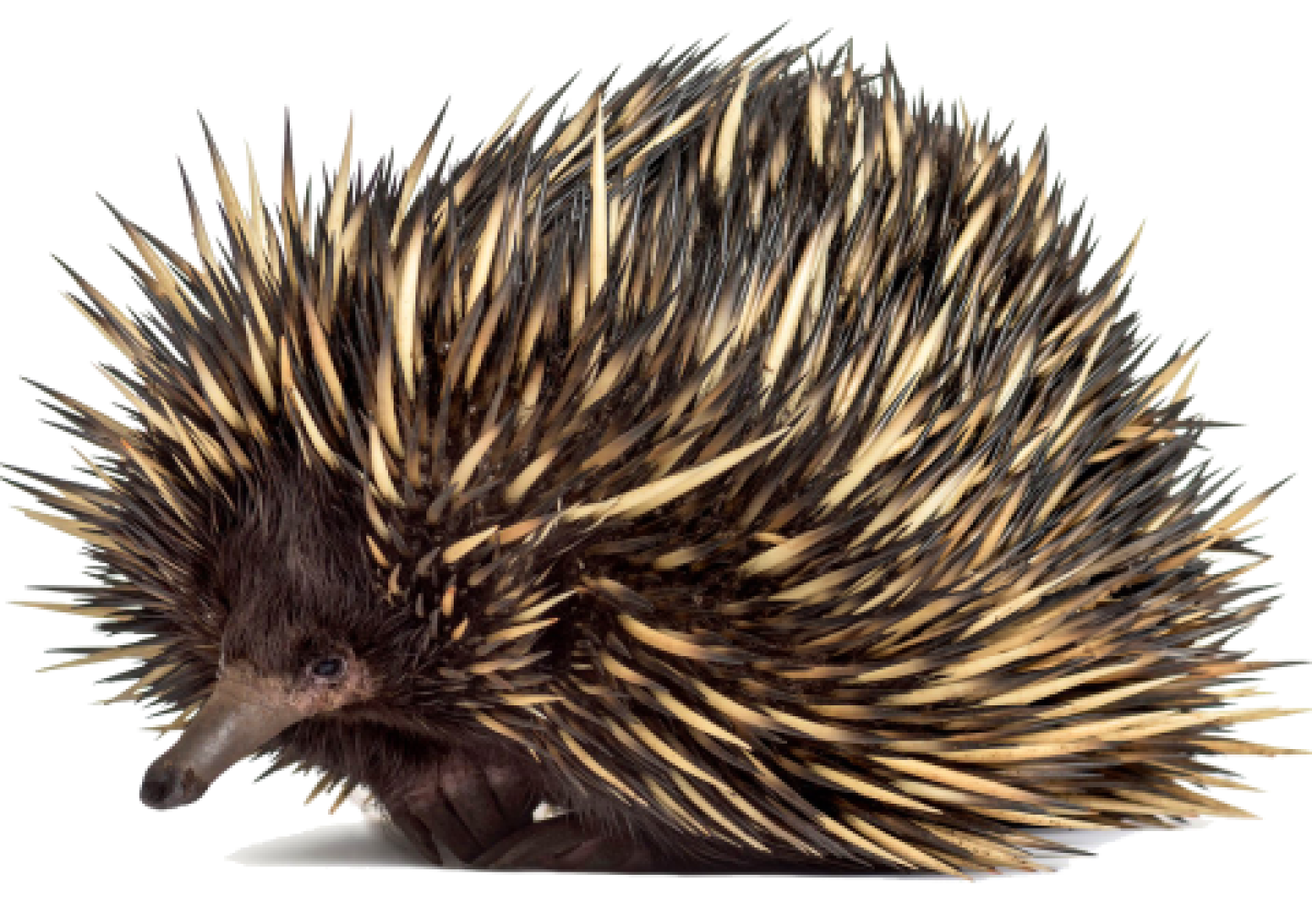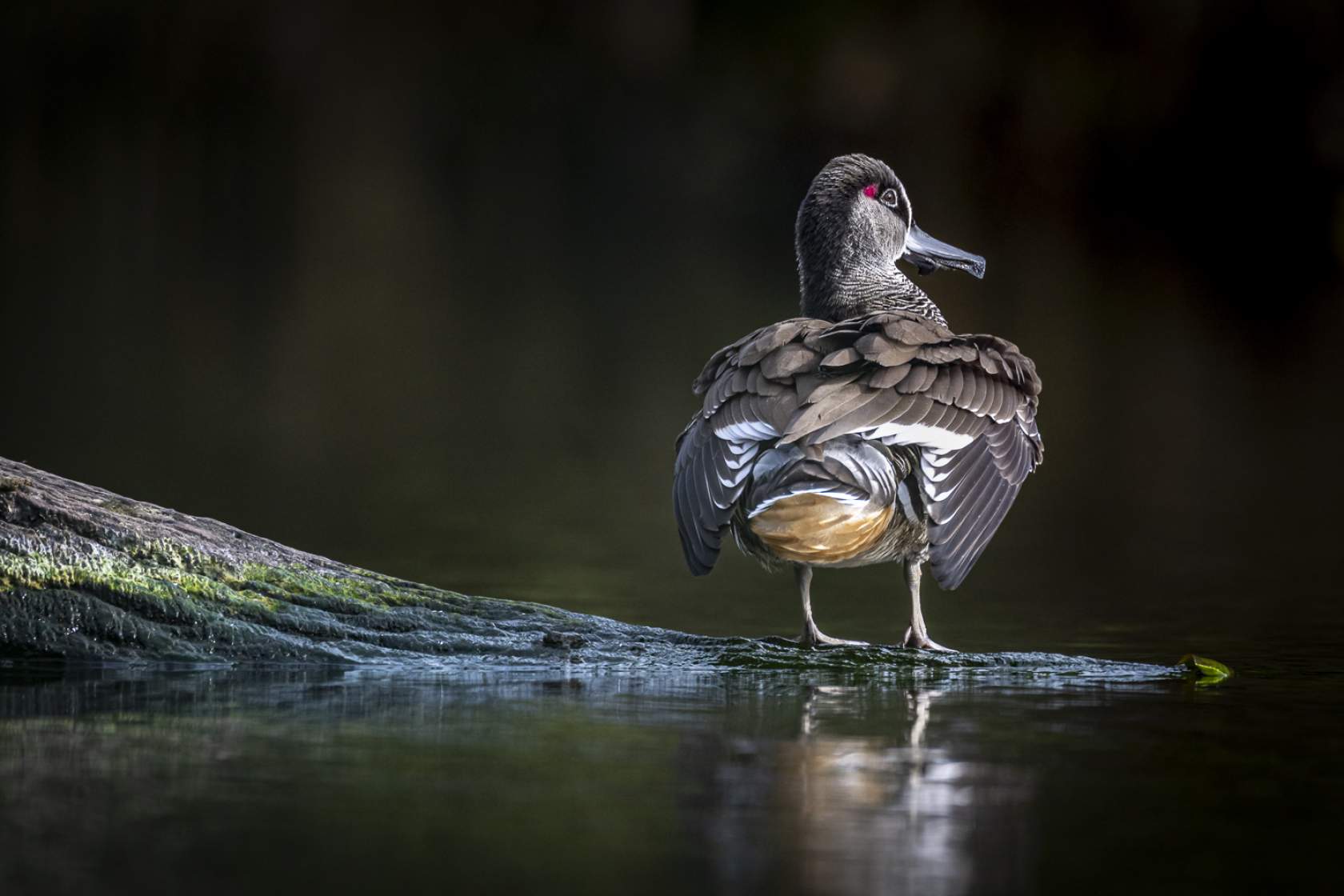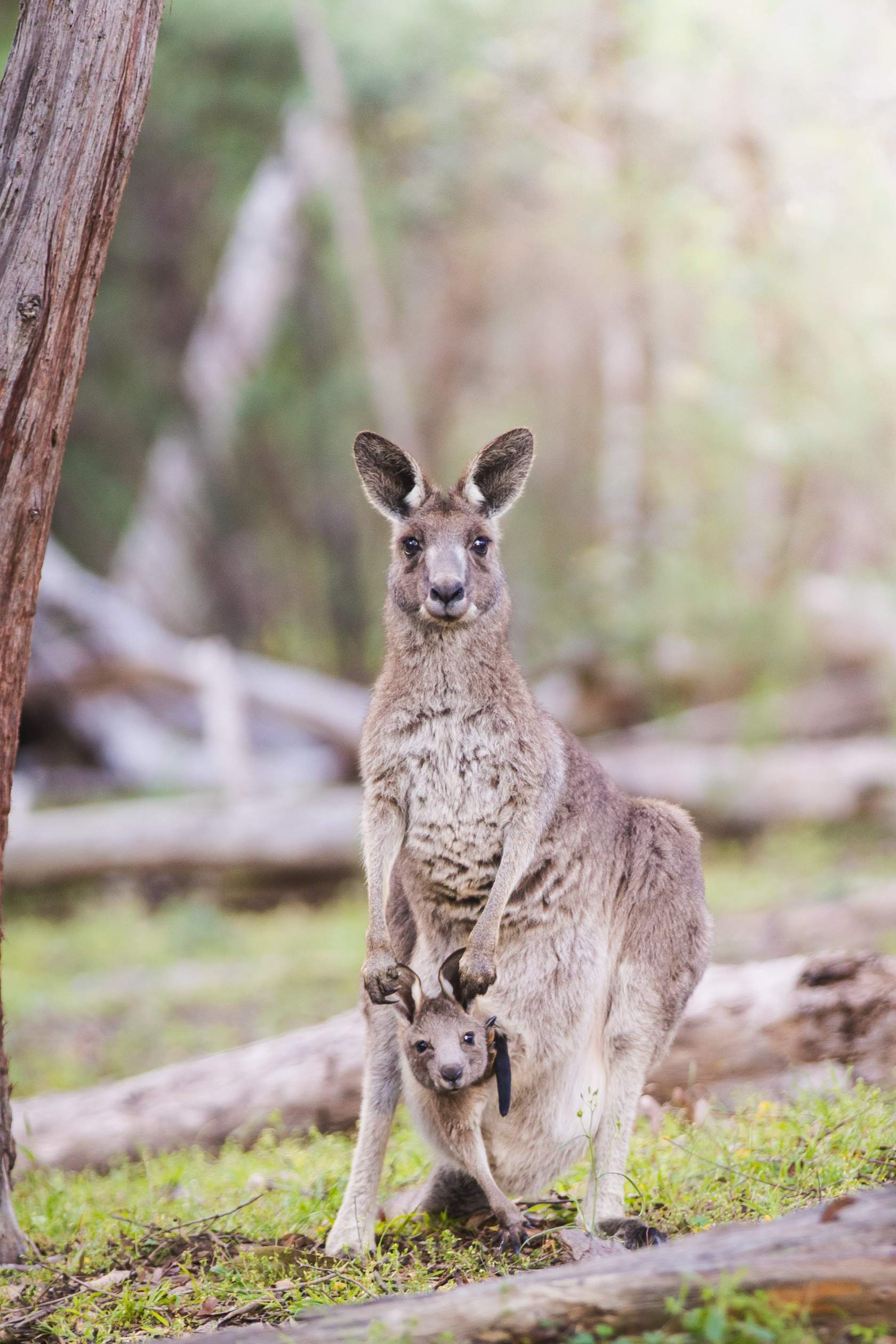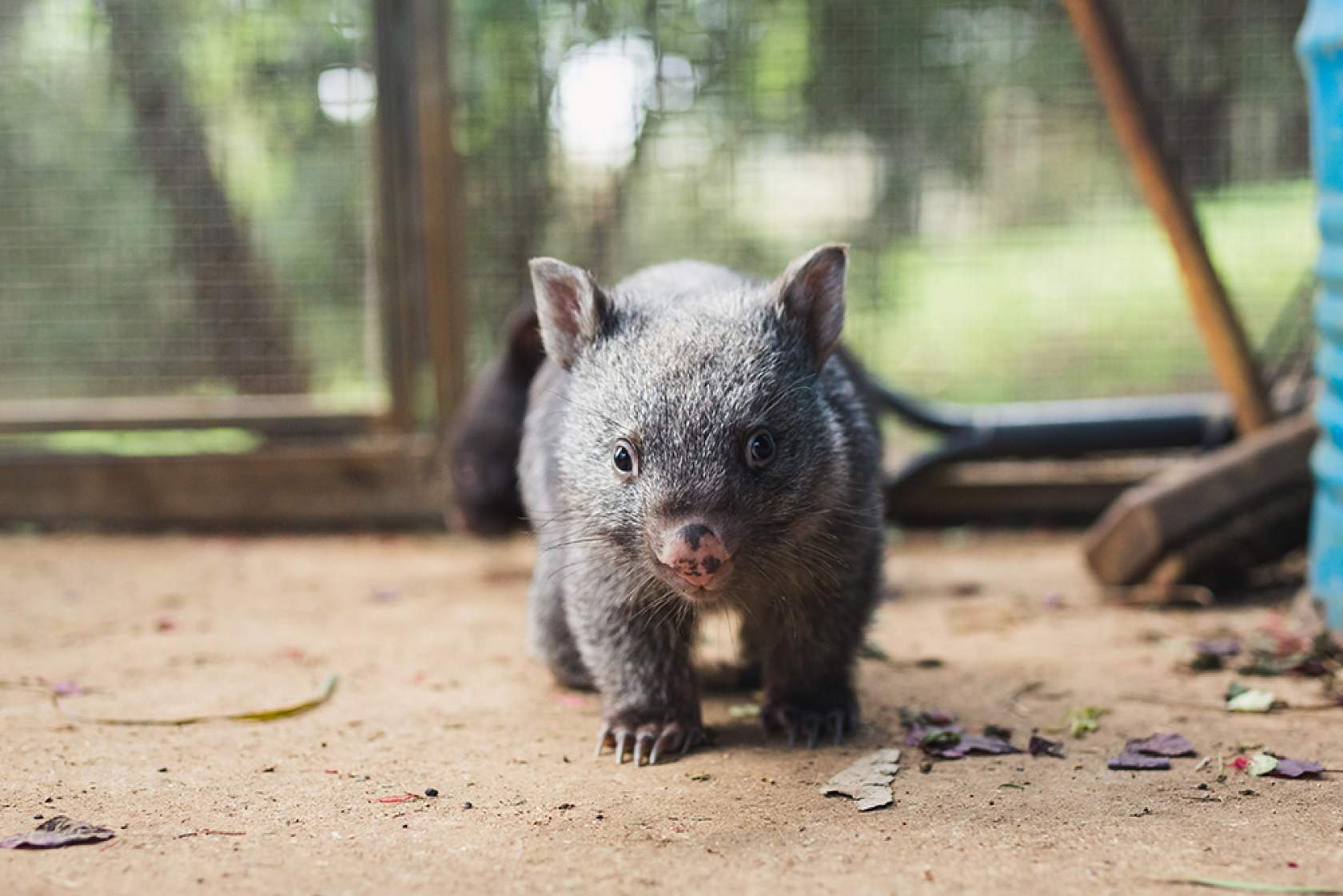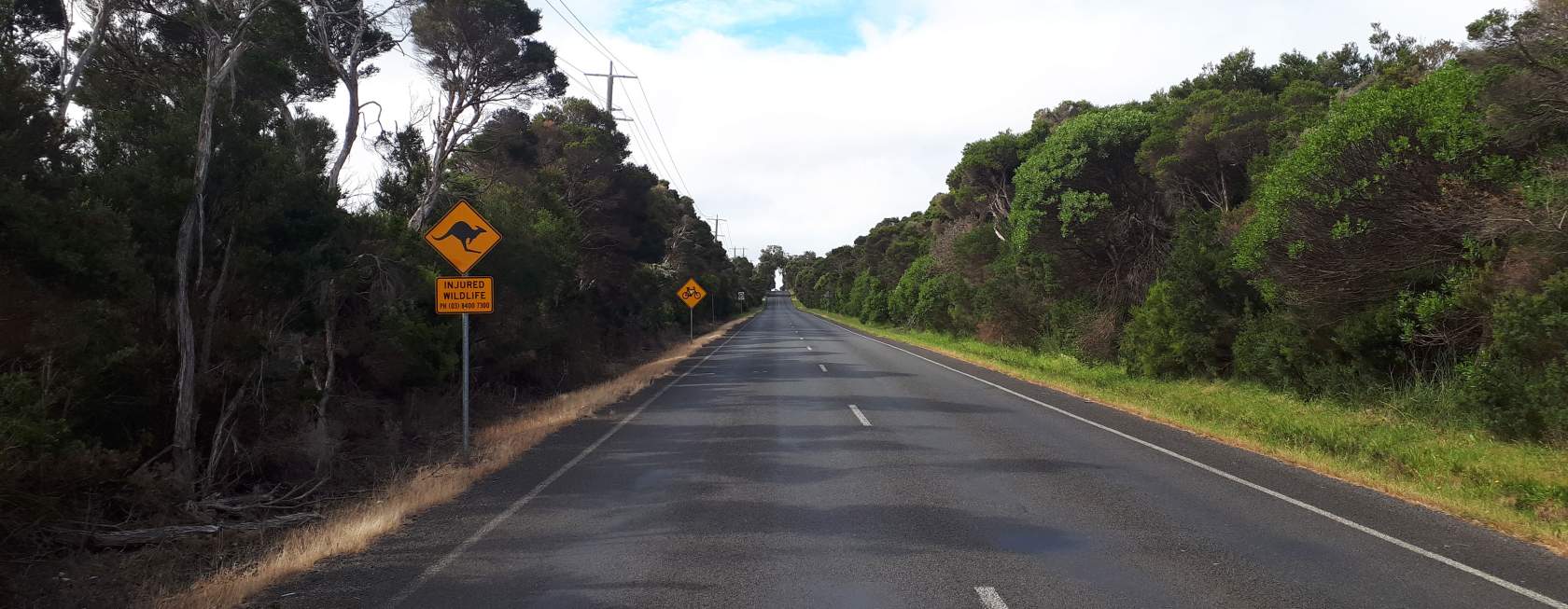
Wildlife Roadtoll Action Program
Wildlife Victoria has launched the Wildlife Roadtoll Action Program (WRAP). This initiative is designed to reduce wildlife-vehicle collisions through targeted, evidence-based strategies. WRAP is now a cornerstone of our advocacy, and our May 2025 submission to the Parliamentary Inquiry into Wildlife Road Strike in Victoria was the most comprehensive in the inquiry, reflecting our deep engagement in this space.
Wildlife Victoria has developed a Toolkit (2024), a practical resource for Councils seeking to implement mitigation strategies tailored to local conditions. We continue to work with Councils across Victoria, supporting them with data, training, and community engagement. Our data can also be shared nationally to inform state and federal governments.
For local councils interested in collaborating with Wildlife Victoria to reduce wildlife-vehicle collisions in your municipality, please get in touch.
Wildlife Victoria's work with local governments through the Wildlife Roadtoll Action Program is supported by the generosity of donors.
Why WRAP?
Wildlife Victoria receives approximately 160,000 calls each year from members of the public reporting sick, injured, or orphaned wildlife. Since 2020, Wildlife Victoria has seen a 186% increase in call volume. In 2025 to date, we’ve averaged over 460 calls per day, with wildlife-vehicle collisions accounting for 25% of all rescue cases. These incidents span 311 species, with kangaroos making up 50-60% of cases.
The trend is rising and urgent. Wildlife-vehicle collision cases have increased by 288% across the last 10 years, with a persistent and ongoing increasing trend across the last 5 years.
The impact is significant. Wildlife-vehicle collisions are not only devastating for wildlife, but also deeply distressing for drivers, rescuers, and communities, and they carry significant economic and safety implications.
How you can help to reduce the Wildlife Road Toll
If you are driving and hit a native animal, or see an animal injured by the side of the road:
Call Wildlife Victoria’s Emergency Response Service on 03 8400 7300. IF SAFE pull over and wait to speak with a highly skilled wildlife Emergency Response Operator.
This is especially important for marsupials (pouched animals) as they may have in-pouch young.
In-pouch joeys can survive for up to two weeks in their mother’s pouch after she has died so its vitally important pouches are checked.
Wildlife Victoria can organise for a wildlife rescuer to come and take the joey to a wildlife shelter to be cared for and eventually returned to the wild.
Wildlife Victoria is a not-for-profit organisation that provides the community with a free 24/7 wildlife Emergency Response Service.
We rely on your generosity to continue our important work to protect Victoria’s wildlife.
You can train to become a volunteer rescuer and transporter.
Rescuers respond to calls from the Wildlife Victoria’s Emergency Response Service to attend to sick, injured, and orphaned native animals.
The Rescuer assesses the situation and will either undertake the rescue or seek further advice from our Emergency Response Operators.
The Rescuer then transports the animals to a local veterinarian, licensed wildlife shelter, or foster carer.
You will need to be comfortable both handling animals and liaising with members of the public.
For more information head to our volunteer page or email our Volunteer Services team.
